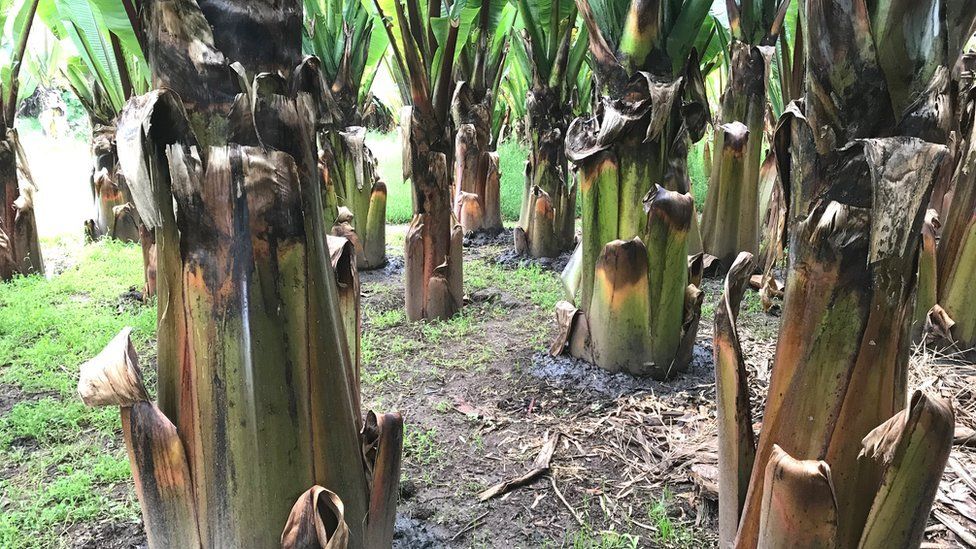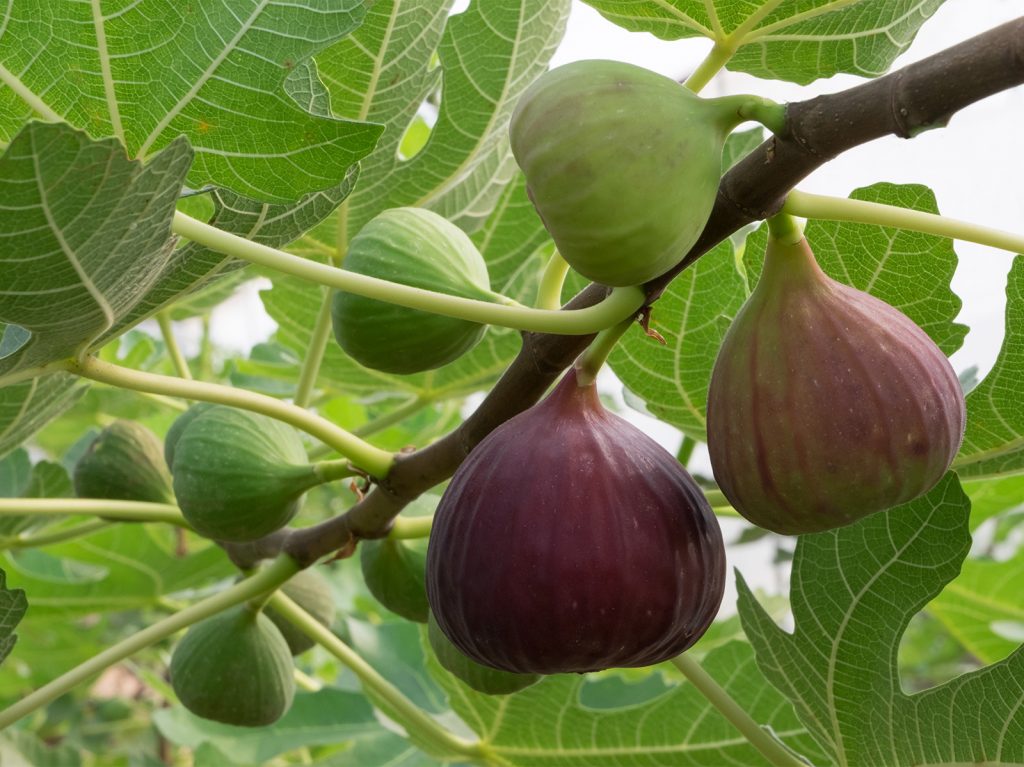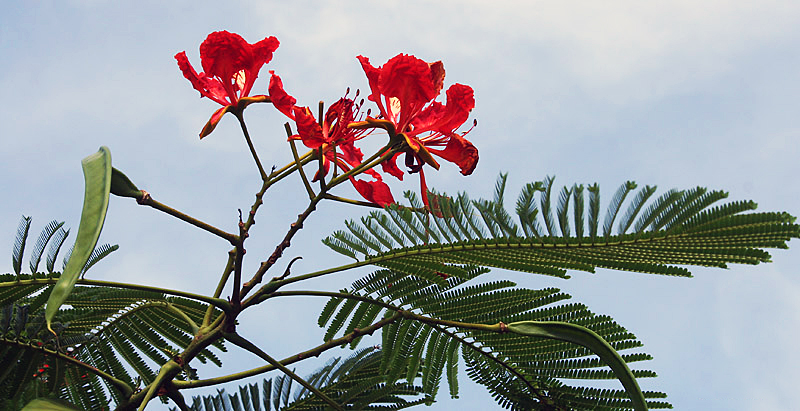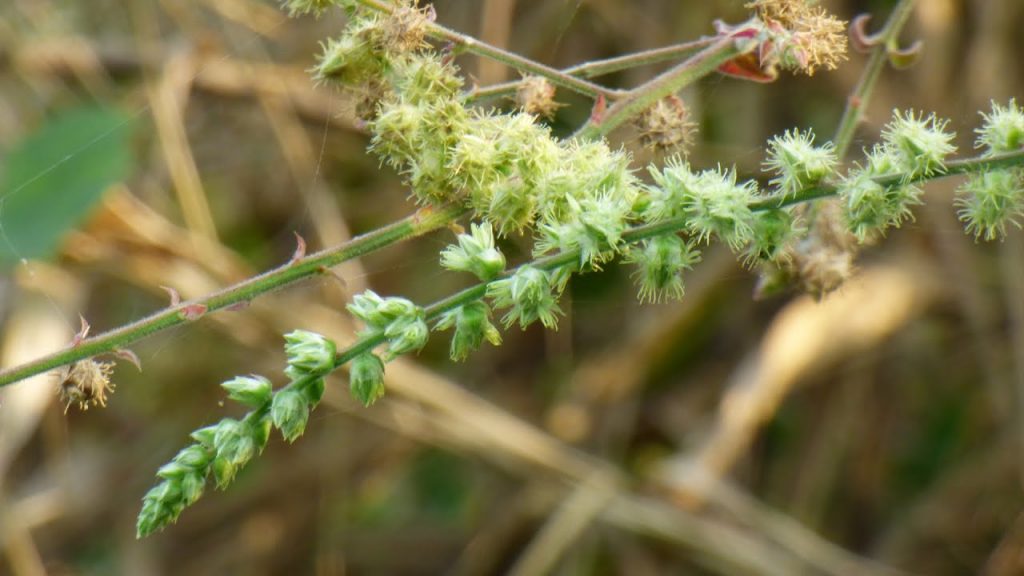False banana- Ensete ventricosum

Commonly known as enset or ensete, Ethiopian banana, Abyssinian banana, pseudo-banana and false banana, is an herbaceous species of flowering plant in the banana family Musaceae. False banana is a close relative of the banana but is consumed only in one part of Ethiopia. The banana-like fruit of the plant is inedible, but the starchy stems and roots can be fermented and used to make porridge and bread.
Fennel - Foeniculum vulgare

Both the flavorful, crunchy bulb and aromatic seeds of the fennel plant are highly nutritious and may offer an abundance of impressive health benefits. Adding them to your diet may improve heart health, reduce inflammation, suppress appetite, and even provide anticancer effects. Fennel is used for various digestive problems including heartburn, intestinal gas, bloating, loss of appetite, and colic in infants. It is also used for upper respiratory tract infections, coughs, bronchitis, cholera, backache, bedwetting, and visual problems.
Fenugreek - Trigonella foenum-graecum

Fenugreek is used for kidney ailments, a vitamin deficiency disease called beriberi, mouth ulcers, boils, bronchitis, infection of the tissues beneath the surface of the skin (cellulitis), tuberculosis, chronic coughs, chapped lips, baldness, cancer, Parkinson’s disease, and exercise performance. Based on the available evidence, fenugreek has benefits for lowering blood sugar levels, boosting testosterone, and increasing milk production in breastfeeding mothers. Fenugreek may also reduce cholesterol levels, lower inflammation, and help with appetite control, but more research is needed in these areas.
Field scabious – Knautia arvensis

The parts that grow above the ground are used to make medicine. People take field scabious for cough and sore throat. Field scabious is sometimes applied directly to the skin for treating skin conditions such as scabies, eczema, rashes, cracked skin around the anus (anal fissures) and anal itching. It is also applied to the skin for treating roundworm infections, bruises, and swelling (inflammation), and for cleansing and healing ulcers.
Fig - Ficus carica

They are an excellent source of prebiotics, which improve overall gut health. Figs are a good source of both calcium and potassium. These minerals can work together to improve bone density, which can, in turn, prevent conditions like osteoporosis. Fresh figs are low in calories and contain a variety of vitamins and minerals. However, dried figs are high in sugar and calories. Figs have a variety of potential health benefits. They may improve digestion and decrease constipation, help manage blood fat and blood sugar levels, and kill cancer cells. However, more research in humans is needed.
Five Finger Grass - Potentilla spp.

Five-finger grass is one of several names for herbs known botanically as Potentilla spp. We carry cinquefoil, Potentilla recta, which is a tannin-rich perennial herb used to treat diarrhea, to soothe burns, and to stop nosebleeds and internal bleeding. It is also herb of protection, power and good luck. It wards off evil and bring good luck in love and money matters. If you are a business owner sprinkle around the premises, inside and outside, to protect against thieves. Carry in a red mojo bag to gain influence and power over others. Place beneath the bed to dispell nightmares and evil spirits.
Flamboyant - Delonix regia

In many tropical parts of the world, it is grown as an ornamental tree. It is also called royal poinciana, flamboyant, phoenix flower, flame of the forest, or flame tree. Delonix regia has folkloric used as a medicinal agent to treat some disorders, such as constipation, inflammation, rheumatoid arthritis, diabetes, pneumonia, and malaria.
Forest Burr - Pupalia lappacea

Forest Burr is a perennial herb, erect or prostrate and sprawling, 60-90 cm tall. Popularly called Forest burr or creeping cock’s comb, the botanical name of this herb is Pupalia lappacea. It is a perennial herb with a typical height between 60 and 90 cm. The forest burr has flowered spikes at the end of the stem and branches. Also, the herb has flowered clusters that come together to form a burr hence the name forest burr. This herb is also known to produce fluffy fruits that are balled and can be used to filter milk.
Fo-ti root - Polygonum multiflorum

The processed (cured) root of the plant is used to make medicine. Fo-ti is commonly used by mouth to help treat or prevent conditions related to aging, including cancer, heart disease, and memory problems. Fo-ti is also applied directly to the skin for sores, carbuncles, skin eruptions, and itching. According to a review published in the Journal of Ethnopharmacology, some research suggests that a compound found in fo-ti may help treat Alzheimer’s disease and Parkinson’s disease.

